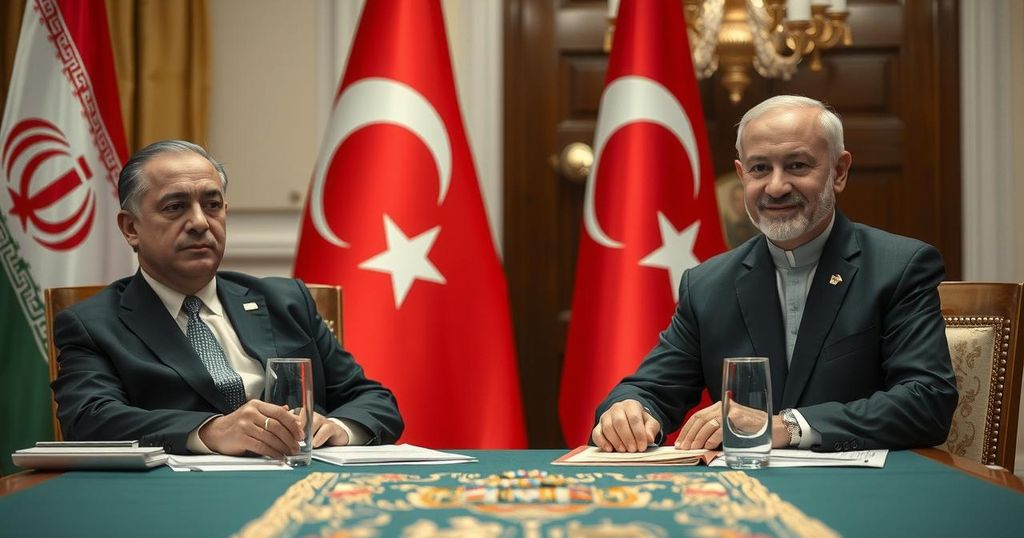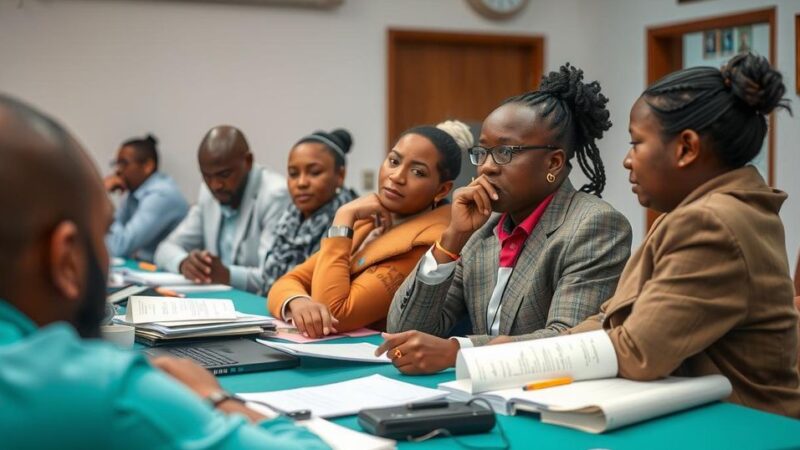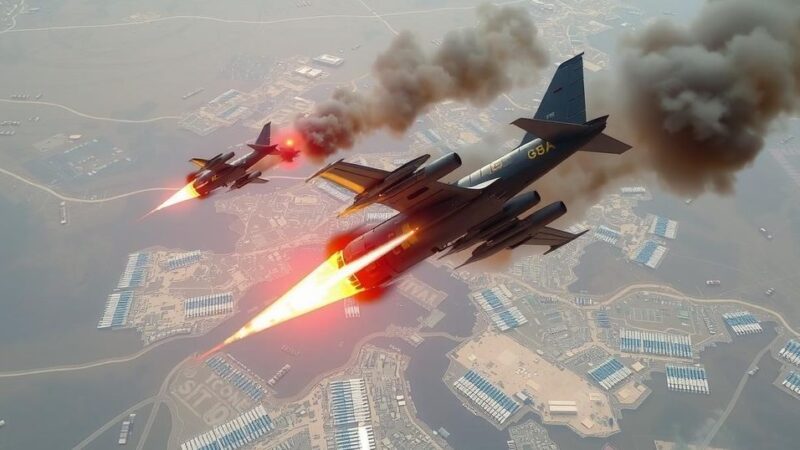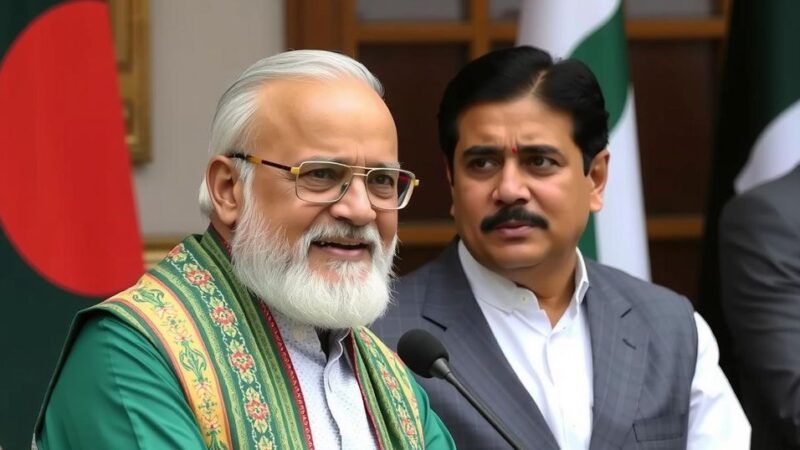Egypt hosted the presidents of Turkey and Iran at the Developing-8 summit to address regional instability. Key discussions included the Gaza conflict and Iranian-backed Houthi attacks on Red Sea shipping. This summit highlights shifting power dynamics in the Middle East, underscoring the growing influence of non-Arab nations. It marks a potential thaw in Egypt-Iran relations, with broader implications for regional cooperation.
On Thursday, Egypt hosted a significant summit in its New Administrative Capital, which included leaders from Turkey and Iran among representatives from eight Muslim-majority nations, collectively known as the Developing-8. This summit is crucial amidst ongoing regional turmoil, reflecting the rising influence of non-Arab countries like Turkey and Iran in Middle Eastern affairs. The discussions are especially pertinent as Iranian-backed groups, such as Hamas and Hezbollah, face significant challenges following their recent conflicts with Israel.
Both President Recep Tayyip Erdogan of Turkey and President Masoud Pezeshkian of Iran engaged in dialogues that coincided with the recent upheaval in Syria, following the ousting of President Bashar Al Assad, a situation that highlights the shifting power dynamics in the region. Mr. Pezeshkian’s visit marks the first official Iranian presidential visit to Egypt since 2013, indicating a potential thaw in relations. Additionally, President Abdel Fattah El Sisi is anticipated to express concerns regarding Iranian-supported Houthi attacks affecting Red Sea shipping, which have severely impacted Egypt’s crucial Suez Canal revenues.
The summit agenda prominently featured discussions about the Gaza conflict and regional security, particularly the need for Iran to influence the Houthis to cease their maritime attacks, which threaten regional stability. Furthermore, while Egypt and Iran have previously engaged in discussions to normalize relations after decades of tension, diplomatic ties remain cautious and have yet to reach ambassadorial status.
Cooperation in trade and security between Egypt and Turkey has improved significantly, even as both nations continue to support opposing factions in conflicts such as that in Libya. The gathering bolstered existing ties among member states and highlighted the need for collaborative economic and political strategies amid evolving geopolitical challenges.
Egypt’s summit on Thursday represents a pivotal gathering of influential Muslim-majority nations aimed at addressing regional conflicts and enhancing economic cooperation. The Developing-8 group, which comprises Egypt, Turkey, Iran, and other nations, was established to foster collaboration among emerging economies, particularly in light of the shifting power dynamics in the Middle East. Iran has historically exerted influence through proxy groups in the region, but in recent conflicts, entities like Hamas and Hezbollah have faced unprecedented challenges that necessitate greater diplomatic engagement among non-Arab states. The engagement between Turkey and Egypt at this event underscores efforts to navigate post-Arab Spring tensions and counterbalance shifting allegiances within the region.
The summit in Egypt marks a significant diplomatic engagement among key players in the Muslim-majority world, particularly Turkey and Iran. Amidst the backdrop of regional instability, including conflicts in Gaza and Lebanon and challenges faced by Iranian proxies, the meeting aims to recalibrate alliances and enhance cooperation. The outcomes of this summit may shape the approach of these nations in addressing shared concerns and fostering economic ties in a rapidly changing geopolitical landscape.
Original Source: www.thenationalnews.com







